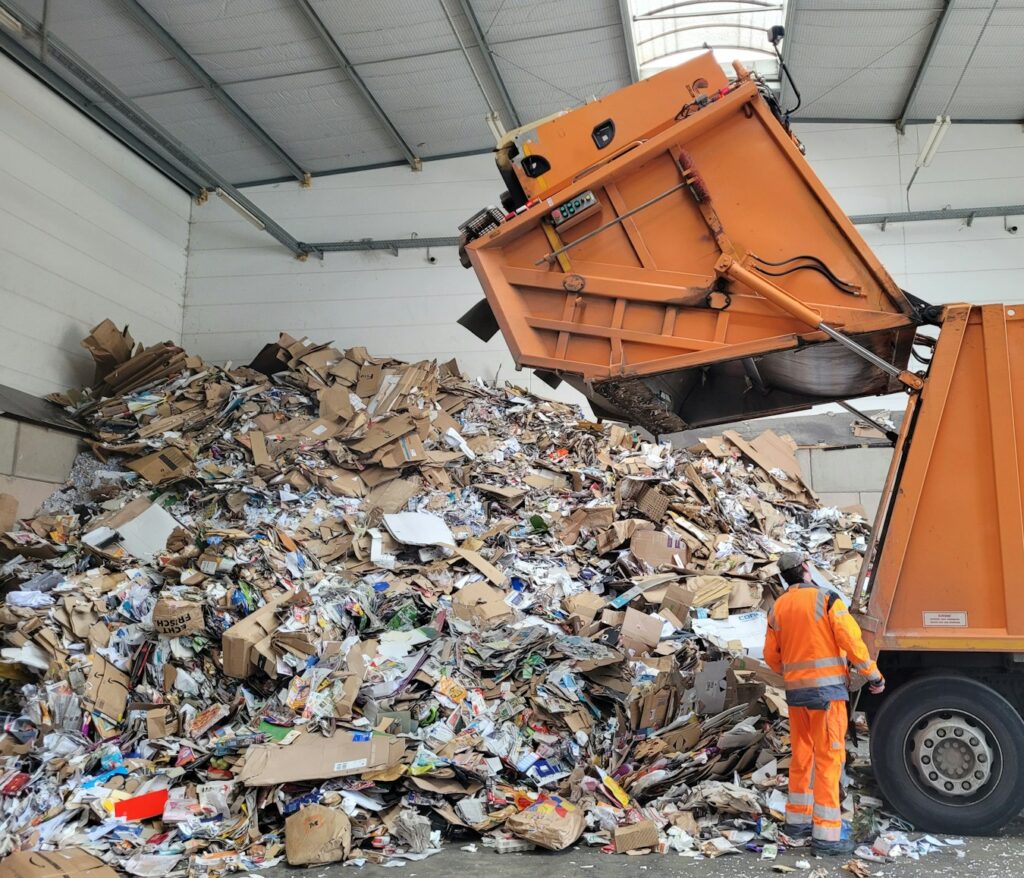Sustainable buildings are becoming more mainstream but the construction industry still doesn’t know enough about how valuable they are, a report has found.
The engineering consultancy group Ramboll’s Sustainable Buildings Market Study (SBMS) asked 405 architects, developers, contractors and investors from across Northern Europe about trends in sustainable development.
The study found a lack of clarity on the costs and benefits of sustainable buildings, as around half of all respondents had little to no knowledge about whether sustainable buildings cost more to build, if they have reduced operational costs or if they trade at a premium.
‘It is clear there is a lack of hard evidence to show whether sustainable buildings yield a positive return on investment,’ the report reads in its executive summary.
‘Addressing this knowledge gap will be vital for accelerating the uptake of sustainable buildings.’
Ramboll’s report found that sustainable buildings are becoming more popular, as 57% of the people it consulted said they expected more than half of their future projects to be sustainable, while all of them had at least one project which could be considered sustainable.
Respondents identified life cycle thinking – thinking about the effect of a building across its entire lifespan – as the biggest trend behind sustainable building activity in construction and real estate, followed by health and wellbeing and an increased focus on making buildings carbon neutral.
However, the report also found a general perception that sustainable buildings are more expensive to build, with 64% of respondents calling perceived or actual higher costs to be the biggest barrier to organisations considering sustainability measures.
38% of respondents worried about a lack of market demand, while 36% thought a lack of faith in the profitability of ‘green buildings’ was also a hindrance to their uptake.
Ramboll said that while return on investment will be a key driver for sustainable buildings in the future, it is important to see them as part of the global movement against climate change.
Rikke Bjerregaard Orry, Ramboll’s Global Sustainability Director for buildings, said: ‘We anticipate an increasing interest from future generations in leading sustainable lifestyles, minimising their personal carbon footprint and working for companies that share their values and operate sustainably.
‘Sustainable buildings tap into this trend and will increasingly become an identity marker for companies striving to make a difference.’
The report added that an anticipated rise in use of Building Information Models (BIMs), effectively digital twins of a building, will allow developers to gain a more complete environmental and economic understanding when embarking upon construction projects.















